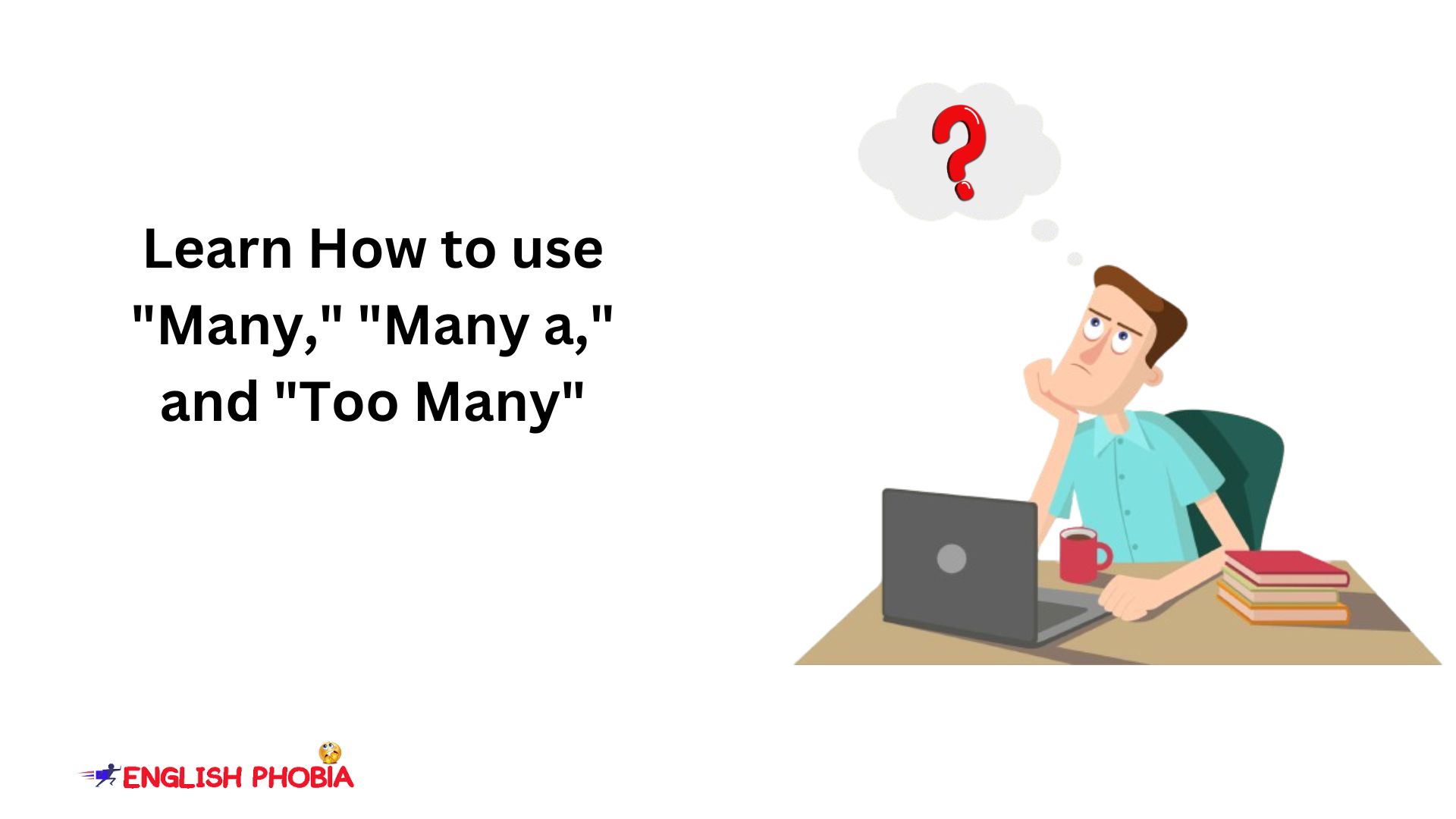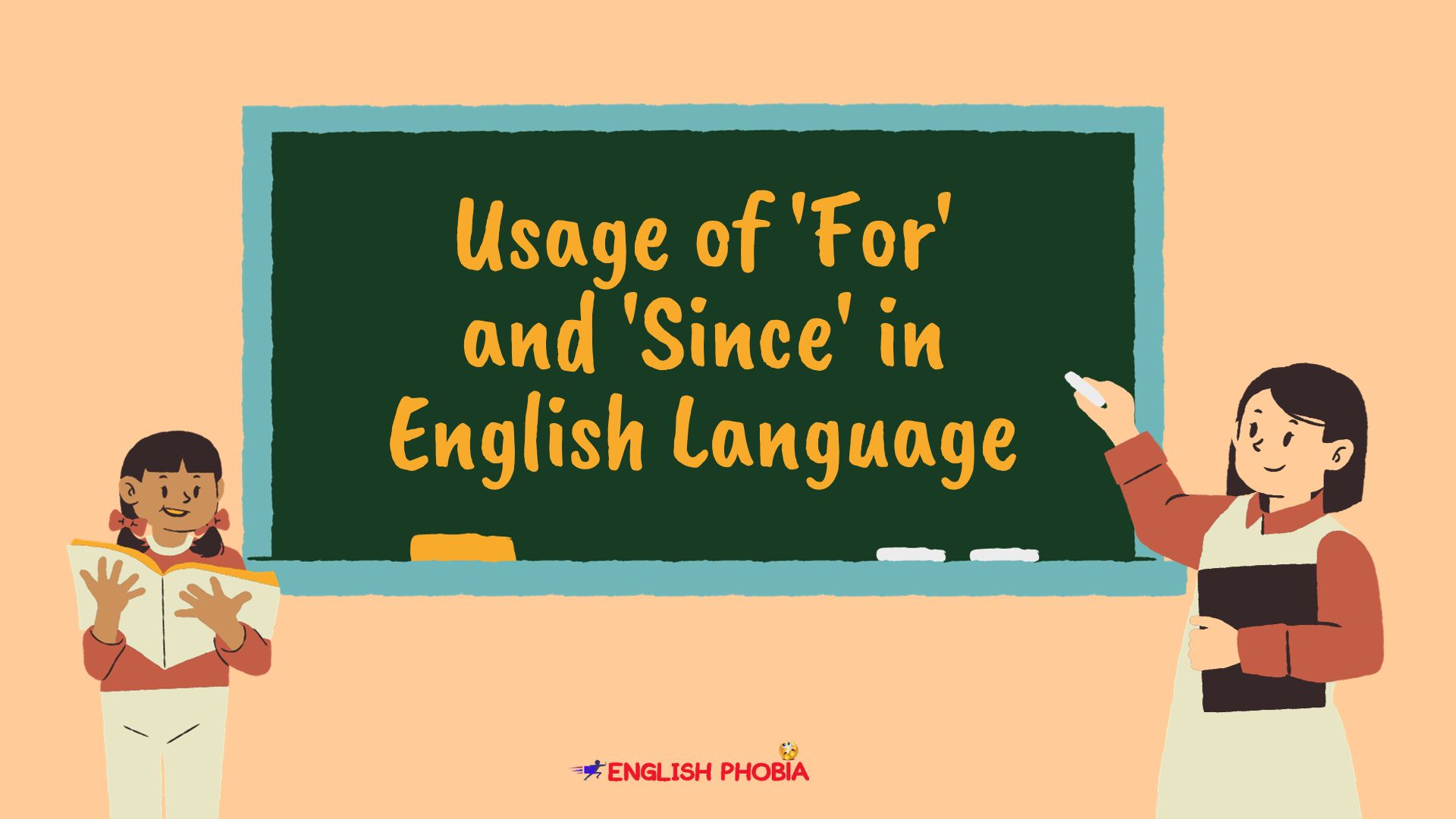There are a lot of confusions when it comes to using words like “many,” “many a,” and “too many,”. You will learn each one by reading this article with some examples.
In this article, we will break down these terms in the simplest way possible so you can use them correctly and impress your friends with your grammar skills!
1) Many:
Let’s start with the basics. “Many” is a word we use when there is a large number or a considerable amount of something.
Read more: Noun Types and Cases with Examples
Structure: Many + [Plural Noun] + [Plural Verb]
I have many friends,” means you have a lot of friends.
For examples,
1) I have many books on my shelf.
2) There are many students in the classroom.
3) She has many talents, including singing and dancing.
4) We visited many countries during our vacation.
5) Many people enjoy watching movies on the weekends.
“Many” is for a large or considerable amount.
2) Many a:
Now, what about “many a”? This one is a bit different. We use “many a” when we want to talk about each individual item within a group. It is like saying “each” or “every.”
Structure: Many a + [Singular Noun] + [Singular Verb]
Many a student enjoys learning new things.
For examples,
1) Many a flower bloomed in the garden.
2) He read many a book during his summer break.
3) Many a student dreams of becoming a scientist.
4) Many a star shines brightly in the night sky.
5) She received many a compliment on her artwork.
This means each student enjoys learning.
3) Too Many:
Lastly, we have “too many. We use this when there is an excessive or undesirable amount of something.
Read more: Pronoun Rules For Competitive Exams
Structure: Too many + [Plural Noun] + [Plural Verb]
There are too many cookies.
It means there are more cookies than you want or need.
For example,
1) There are too many dishes to wash in the sink.
2) He ate too many cookies and felt sick.
3) We have too many assignments to complete this week.
4) She has too many shoes and can’t decide which ones to wear.
5) There’s too many noise in the room; I can’t concentrate.
Conclusion
Recalling these basic qualifications will help you with using these words precisely in different situations. Work on using them in sentences to build up your understanding!
By following these structures, you can use each term correctly in your sentences.











